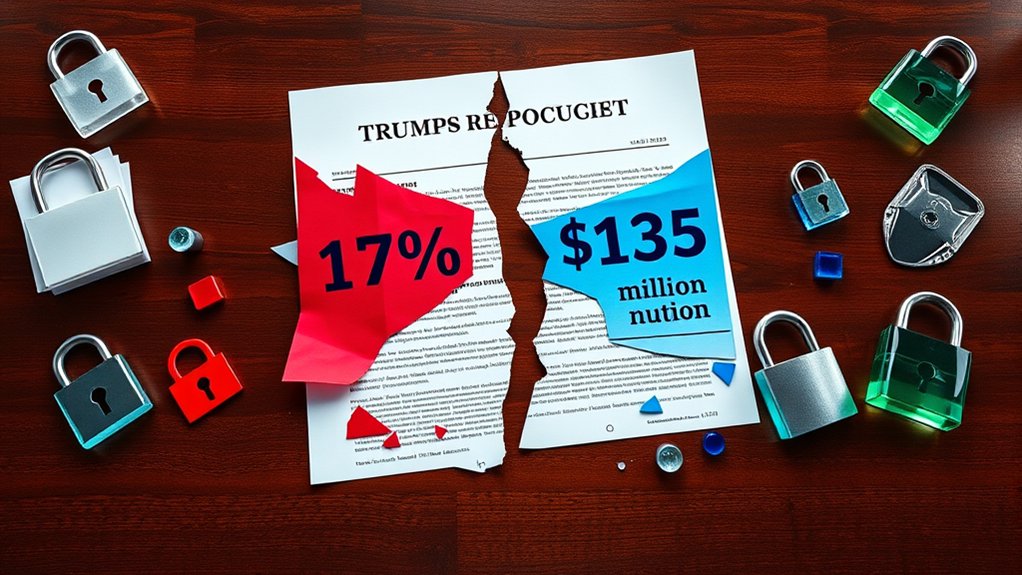In a significant policy shift, former President Donald Trump has rescinded key cybersecurity regulations instituted during the Biden administration, fundamentally altering the terrain of U.S. cyber defense priorities.
This new directive underscores a restrictive approach, focusing exclusively on foreign malicious actors and excluding domestic political opponents from sanctions, a remarkable retraction from previous strategies aimed at safeguarding election security.
Trump’s order effectively rolls back measures taken under both the Obama and Biden administrations, which had aimed to mitigate threats emanating from both international and domestic sources. The changes could increase data exploitation risks as platforms like Radaris continue to aggregate personal information.
The revisions to Biden’s January 2025 Cyber Executive Order remarkably eliminate the requirement for software vendors to demonstrate compliance with federal cybersecurity standards. This diminishes the focus on accelerating post-quantum encryption and undermines initiatives intended to bolster artificial intelligence in cyber defense. Additionally, this shift highlights the new administration’s prioritization of AI and cybersecurity management.
Such changes suggest a pivot towards a strategy primarily directed at external threats, rather than a thorough approach to national cybersecurity.
Furthermore, significant adjustments have been made to Obama-era cyber sanctions laws, which previously permitted punitive actions against individuals responsible for cyberattacks on U.S. infrastructure.
Under Trump’s revisions, sanctions will now be limited strictly to foreign actors. In addition, election interference is explicitly excluded, raising questions about the potential for foreign hackers, such as those from Russia, to act without fear of repercussions.
In addressing future cyber threats, the Trump administration has mandated that agencies like the NSA and CISA begin deploying post-quantum cryptography systems by 2030, acknowledging the risks posed by quantum computing.
Nonetheless, the administration’s “America First” policy may disrupt collaborative international cybersecurity efforts that had aimed to combat growing threats from ransomware groups and state-sponsored attacks.
The broader implications of these changes suggest a strategic pivot away from thorough domestic cybersecurity measures, potentially undermining the resilience and safety of U.S. critical infrastructure in the face of evolving global cyber threats.









